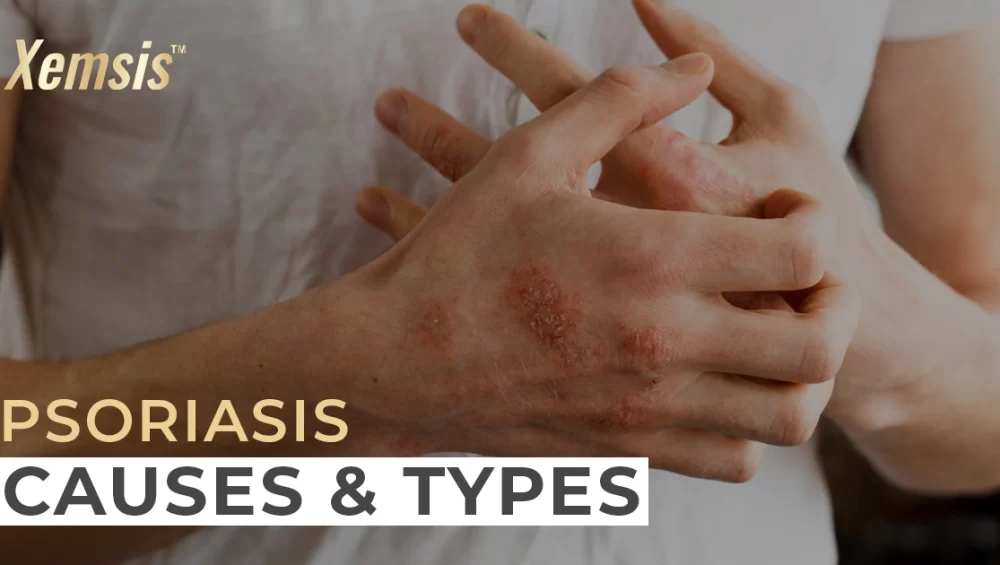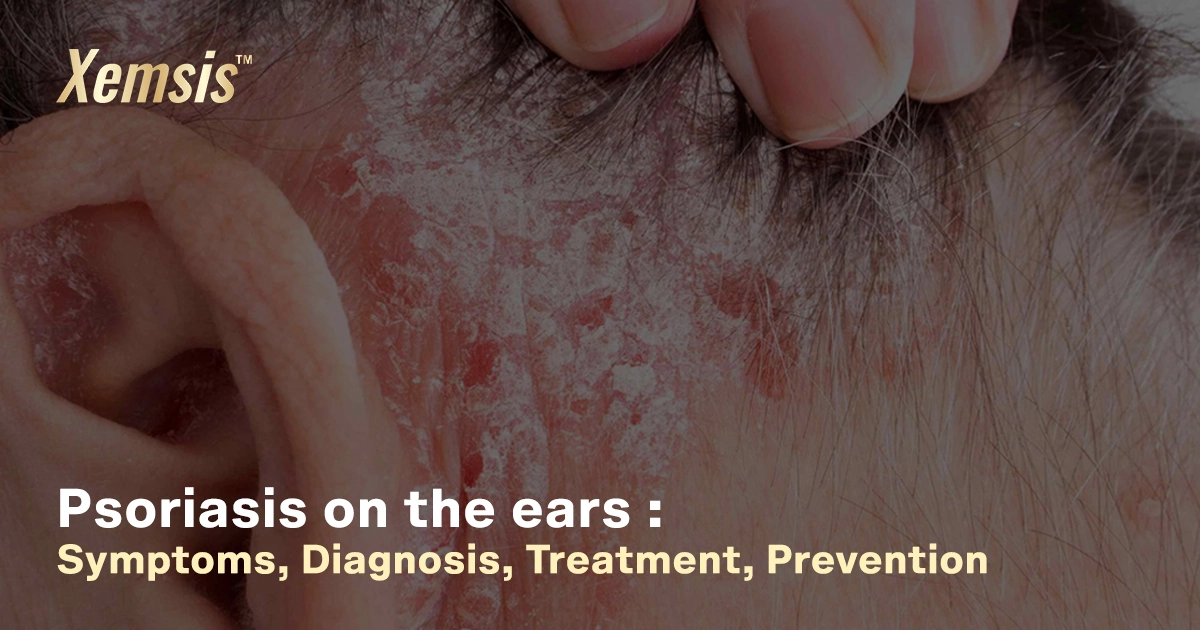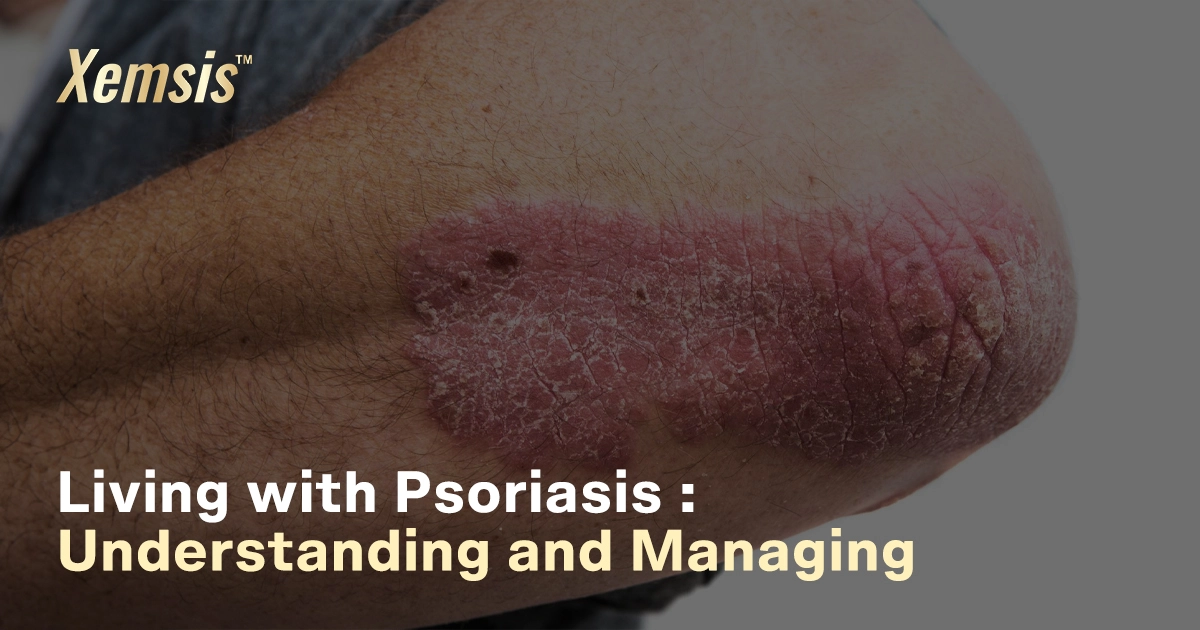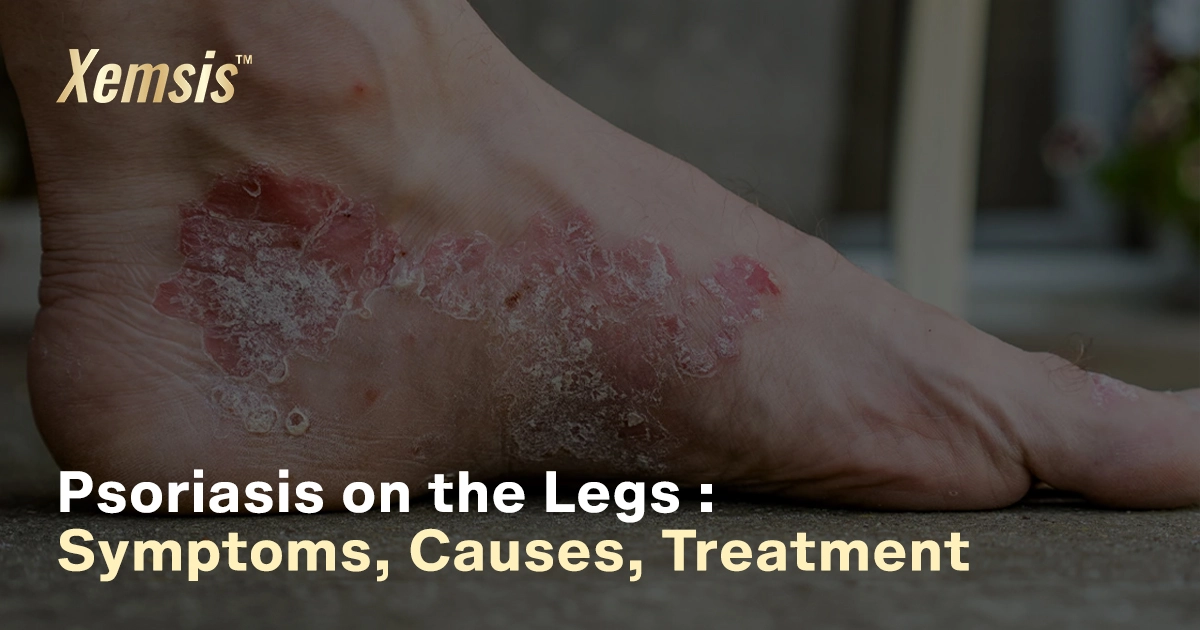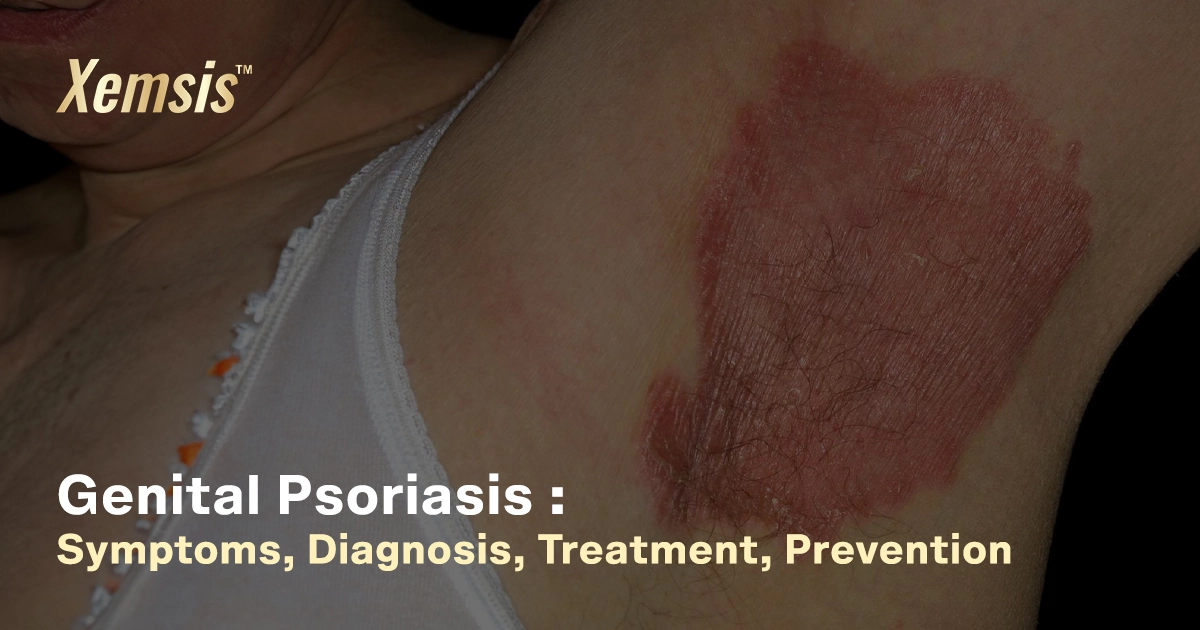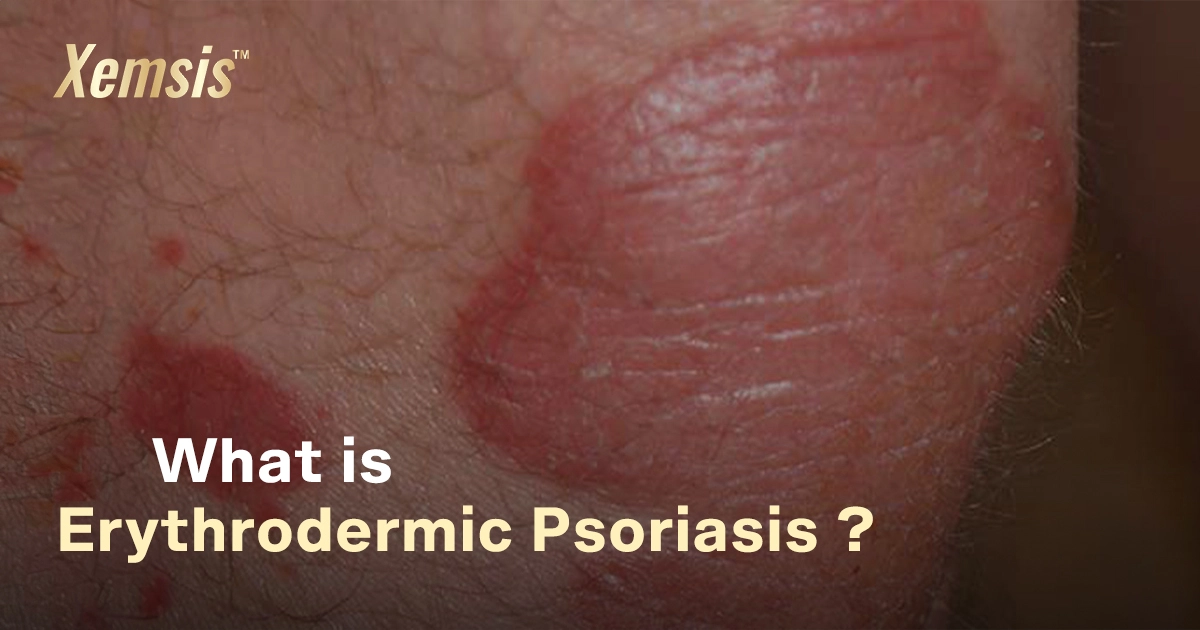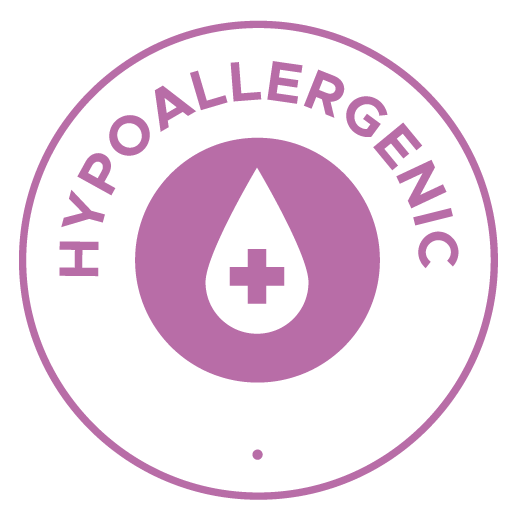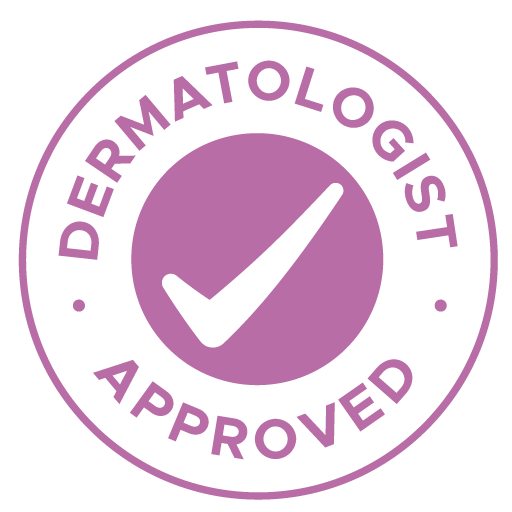Around the world, millions of people suffer from psoriasis, a skin disorder. It is essential to know about the various forms of psoriasis and what causes them. Let us go over the different types, symptoms, and effects of psoriasis, as well as how it affects everyday life, in this blog.
What is psoriasis?
Psoriasis is a long-term autoimmune skin condition that makes skin cell growth excessive, which leads to the formation of thick layers and red areas covered with white scales. These patches, known as plaques, can appear anywhere on the body but are most common on the elbows, knees, scalp, and lower back. Psoriasis is not contagious and does not spread.
Types of psoriasis
1. Plaque Psoriasis
About 80% of cases of psoriasis are of this type, which is the most common. It looks like raised red patches with silvery-white scales covering them. These patches, which frequently appear on the elbows, knees, scalp, and lower back, can be painful and itchy.
2. Guttate Psoriasis
Little red, scaly spots that look like drops of water are a sign of guttate psoriasis, which typically first appears in childhood or early adulthood. The scalp, arms, legs, and body can all develop these types of psoriasis. Similar to throat infections, bacterial infections can occasionally cause guttate psoriasis.
3. Inverse Psoriasis
The areas most commonly affected by inverse psoriasis are the skin folds under the arms, under the breasts, and on the abdomen. It appears as red, smooth patches of skin that may become irritated from sweating and rubbing. The sensitive areas where inverse psoriasis occurs can make it extremely uncomfortable.
4. Pustular Psoriasis
The main symptom of this type of psoriasis is the development of bumps, which are pus-filled wounds covered in red, inflammatory skin. There are two types of pustular psoriasis: localized and generalized, which affect different body parts.
5. Erythrodermic Psoriasis
Erythrodermic psoriasis is a rare but severe form of psoriasis that typically causes severe pain, burning, and itching in addition to typical skin redness and scaling. It could affect the body’s capacity to regulate body temperature and fluid balance, which could lead to issues like dehydration and infection.
Symptoms of Psoriasis
The symptoms of psoriasis vary depending on the type and severity of the condition. Common symptoms include:
- Red, raised patches of skin covered with silvery-white scales
- Itching or burning in affected areas
- Dry, cracked skin
- Thickened, pitted, or ridged nails
- Stiff and swollen joints
Impact on Daily Life
Psoriasis can significantly affect day-to-day functioning, both physically and emotionally. Psoriasis comes with two symptom scales and plaques that make a person more self-conscious and feel ashamed, which can lower their quality of life and cause them to stay inactive socially. Additionally, the itching, pain, and discomfort associated with psoriasis can interfere with sleep, work, and activities of daily living.
Managing Psoriasis with Xemsis Ointment
Xemsis ointment is a topical treatment designed to help manage psoriasis symptoms. Its unique formula contains all-natural ingredients that soothe inflammation, reduce itching, and promote the healing of the skin in just 7 days. It prevents skin growth and helps reduce scaling and itching. After using this ointment, many users report significant improvements in their psoriasis symptoms. With Xemsis , you can unhide your psoriasis and restore normal skin faster in just 7 days.
In Conclusion
Psoriasis is a chronic autoimmune skin condition that results in plaques—red, scaly patches on the skin. Psoriasis comes in various forms, each with unique types and signs. While psoriasis can impact daily life and quality of life, effective treatments like Xemsis ointment are available to help manage symptoms and improve overall well-being. It is important to know the type and stay cautious about psoriasis.
If you suspect you have psoriasis or are experiencing symptoms, it’s essential to consult with a healthcare professional for proper diagnosis and treatment. With proper care and management, individuals with psoriasis can lead fulfilling and productive lives.

